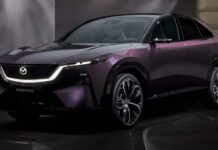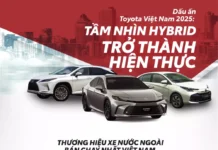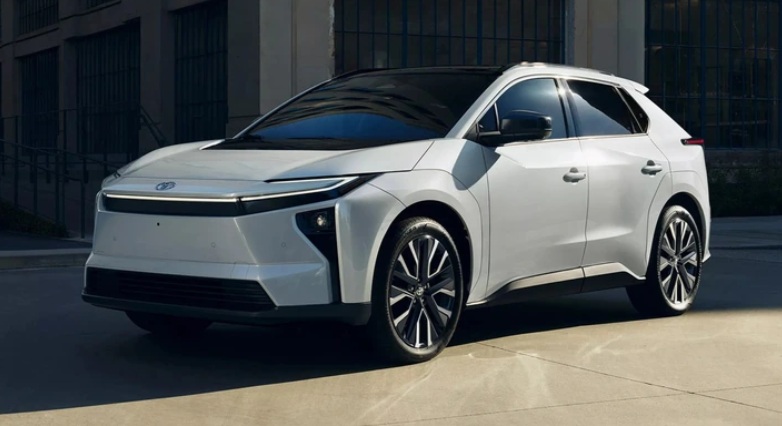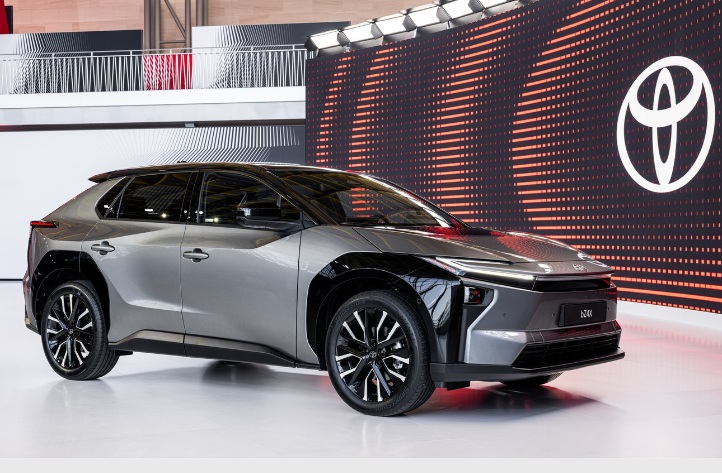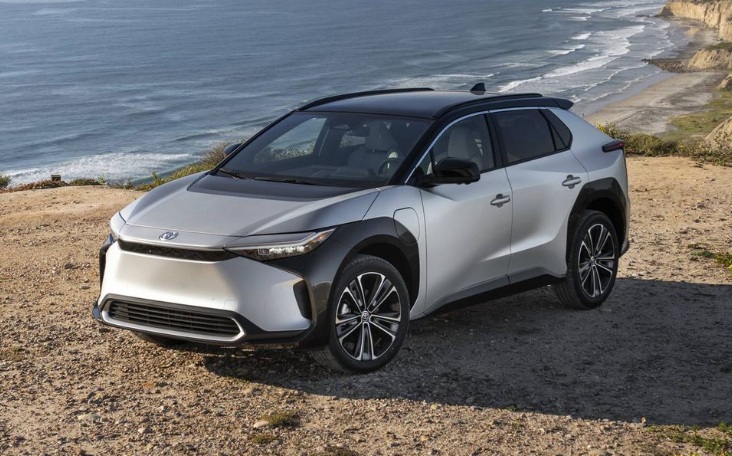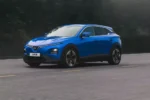Facing intensifying competition from Chinese automakers in Southeast Asia, Toyota has officially confirmed its plans to produce electric vehicles in Indonesia by 2025.
This strategic move aims to safeguard market share and strengthen its position in the region.
Toyota is currently the leading automotive brand in Indonesia, holding over 30% of the market share. However, the rising competition from Chinese rivals, particularly electric vehicle brands such as BYD, Wuling, and Chery, is forcing the Japanese automaker to accelerate its transformation. According to Nikkei Asia, Toyota will commence production of its bZ4X electric SUV in Indonesia by the end of this year.
Indonesia will be the third country, after China and Japan, chosen by Toyota for electric vehicle manufacturing. Additionally, the company has announced plans to produce electric pickup trucks in Thailand by the end of 2025, another market where Chinese automakers are aggressively investing and expanding their presence.
Speaking at a recent event, Mr. Hiroyuki Ueda, President of Toyota-Astra Motor, stated that investing in electric vehicle production in Indonesia is part of Toyota’s multi-pronged strategy. While the company remains focused on its hybrid lineup, which it refers to as “environment-friendly,” Toyota will offer additional electric vehicle options to cater to diverse customer demands in the context of the global energy transition.
Toyota’s decision to produce electric vehicles in Indonesia is partly driven by the attractive incentive policies offered by the Indonesian government. According to regulations introduced in 2023, electric vehicles manufactured domestically with a localization rate of 40% or higher will be subject to a reduced value-added tax (VAT) of just 1%. In contrast, vehicles that do not meet the localization rate will be subject to the standard 11% VAT.
Moreover, companies committing to invest in and produce electric vehicles in Indonesia are exempt from import duties on components and are eligible for other government support. These efforts are part of Indonesia’s drive to establish a comprehensive electric vehicle supply chain and become the region’s hub for electric vehicle production and exports.
Indonesia is currently one of Toyota’s strategic production bases in Southeast Asia. Over the past five years, Toyota accounted for approximately 61% of the total completely built-up (CBU) vehicle exports from Indonesia. The models produced by Toyota Indonesia are exported to over 80 countries worldwide.
Despite a slight 5% decrease in Toyota’s export volume from Indonesia last year, the company remains confident that the introduction of domestic electric vehicle production will create a new breakthrough, especially amid the growing global demand for zero-emission vehicles.
Toyota Vietnam currently offers several models imported from Indonesia, including the Innova Cross, Yaris Cross, Raize, Wigo, and select versions of the Fortuner. Additionally, the Corolla Cross is imported from Thailand, where Toyota is also preparing to launch electric pickup truck production.
With Toyota’s decision to produce electric vehicles in these two countries, it is likely that the EV models sold in Vietnam in the future will be sourced from Indonesia or Thailand. Notably, the bZ4X, Toyota’s strategic electric SUV, was showcased at the Toyota booth during the Vietnam Motor Show 2022 (VMS 2022), indicating the company’s serious consideration of introducing electric vehicles to the Vietnamese market.
However, as of now, Toyota has not officially distributed any pure electric vehicle models in Vietnam. The domestic market predominantly features hybrid offerings such as the Corolla Cross Hybrid, Camry Hybrid, and Innova Cross Hybrid.
Toyota’s electric vehicle production plans in Indonesia and Thailand come at a time when Chinese brands are increasingly making their mark in Southeast Asia, backed by their affordable pricing, advanced technology, and strong support from the Chinese government. BYD, Wuling, and Chery are continuously launching new electric vehicle models targeting the mass-market and SUV segments.
For Toyota, which had previously adopted a cautious approach to the EV race, the time has come to accelerate its efforts to maintain its dominance in traditional markets while adapting to the global shift towards electrification.
What Do Sales Figures Tell Us About the Vietnamese Auto Market So Far This Year?
The once-popular low-riding sedans, ranging from affordable to luxurious options, are now struggling to maintain their stronghold in the Vietnamese market. With the rising trend of SUV dominance and the electric vehicle revolution, the preference for these traditional car body styles is facing a significant challenge.
VinFast Super Deals: Electrifying Offers to Accelerate Hanoi’s Shift to Electric Vehicles
Introducing Vingroup’s exclusive benefits, valid from July 24, 2025, onwards! Our generous policies offer a range of advantages that are sure to enhance your experience. With offers that stand alone, separate from the “For a Green Capital” program, you’re in for a treat. Stay tuned for more updates, and get ready to enjoy the perks of being part of the Vingroup family!

